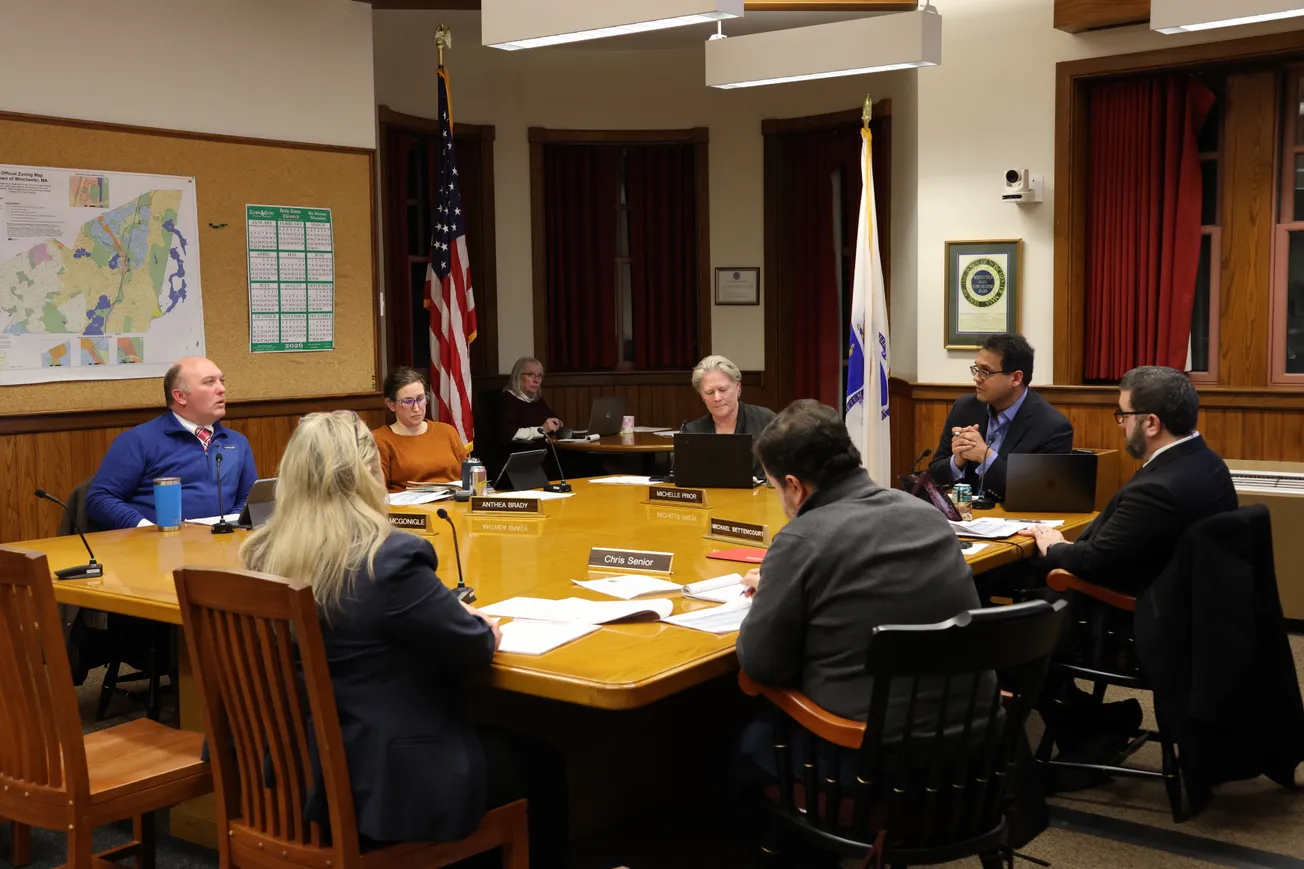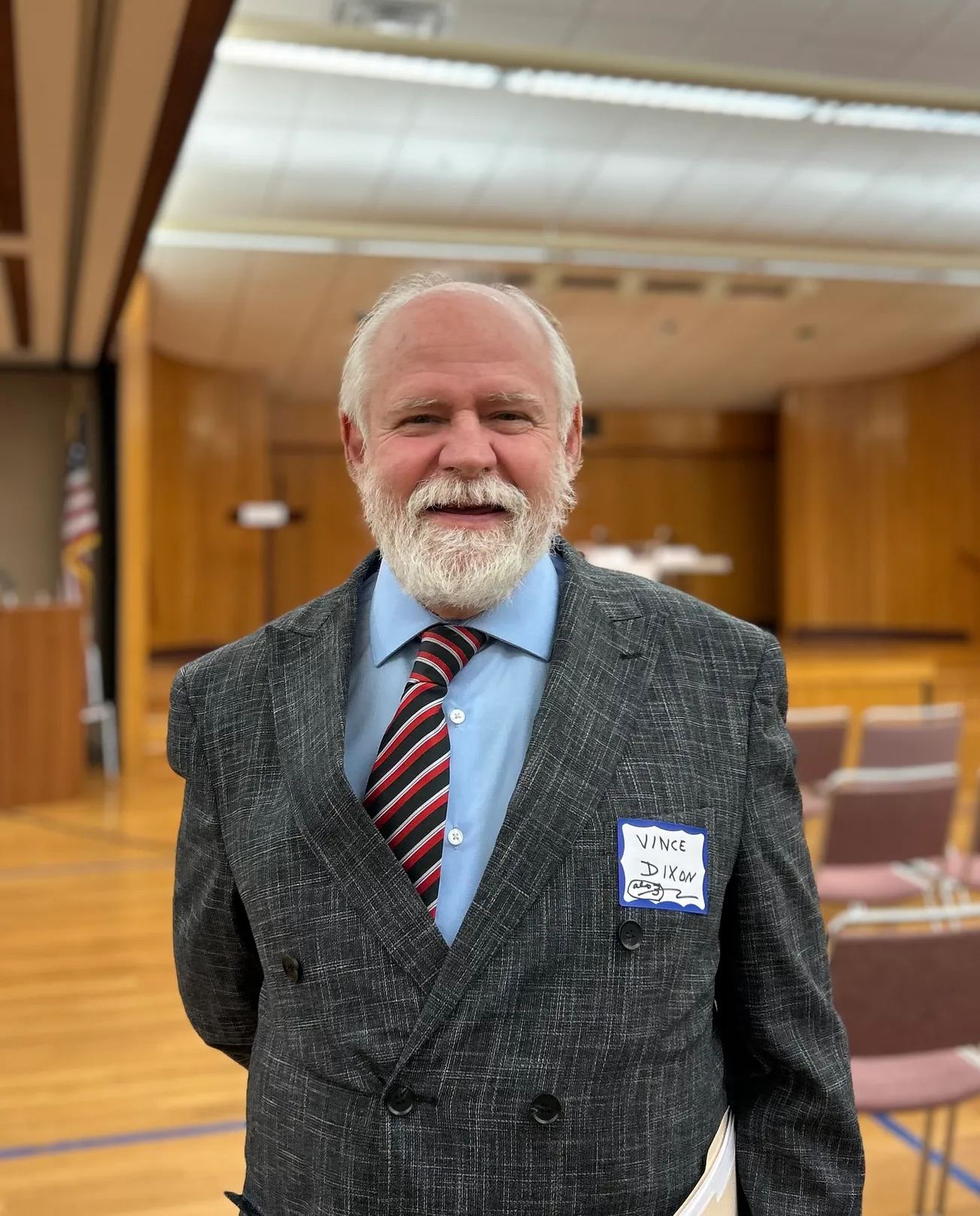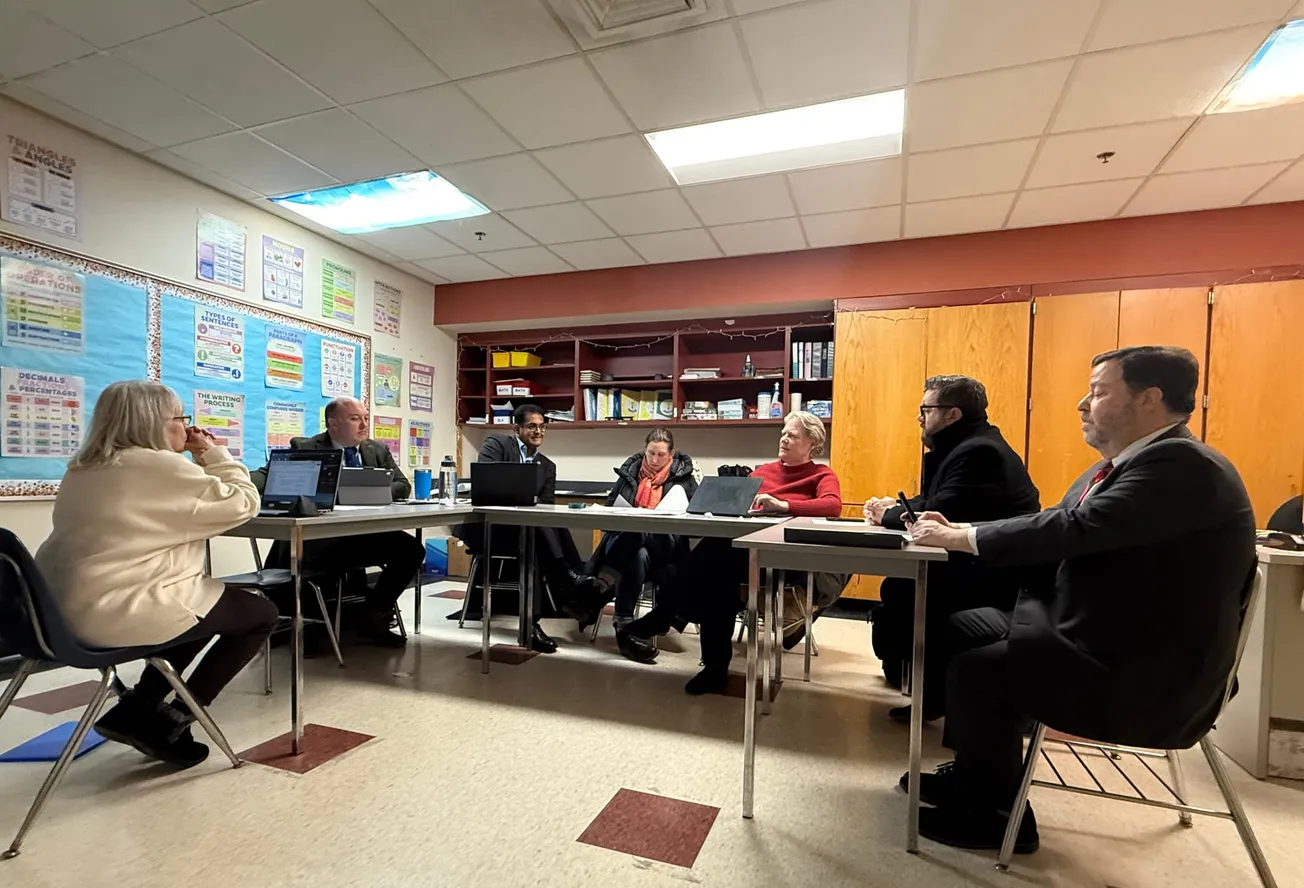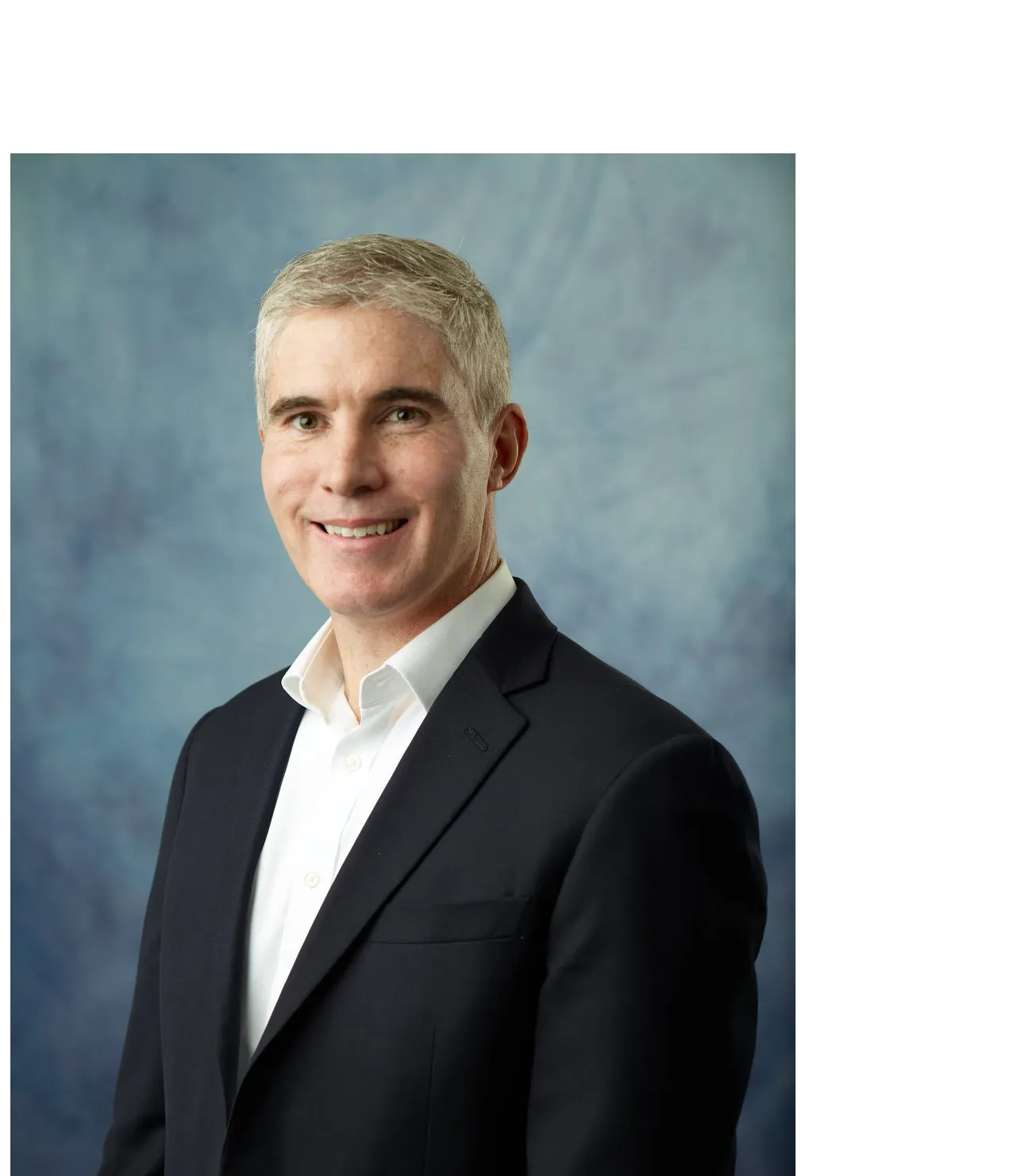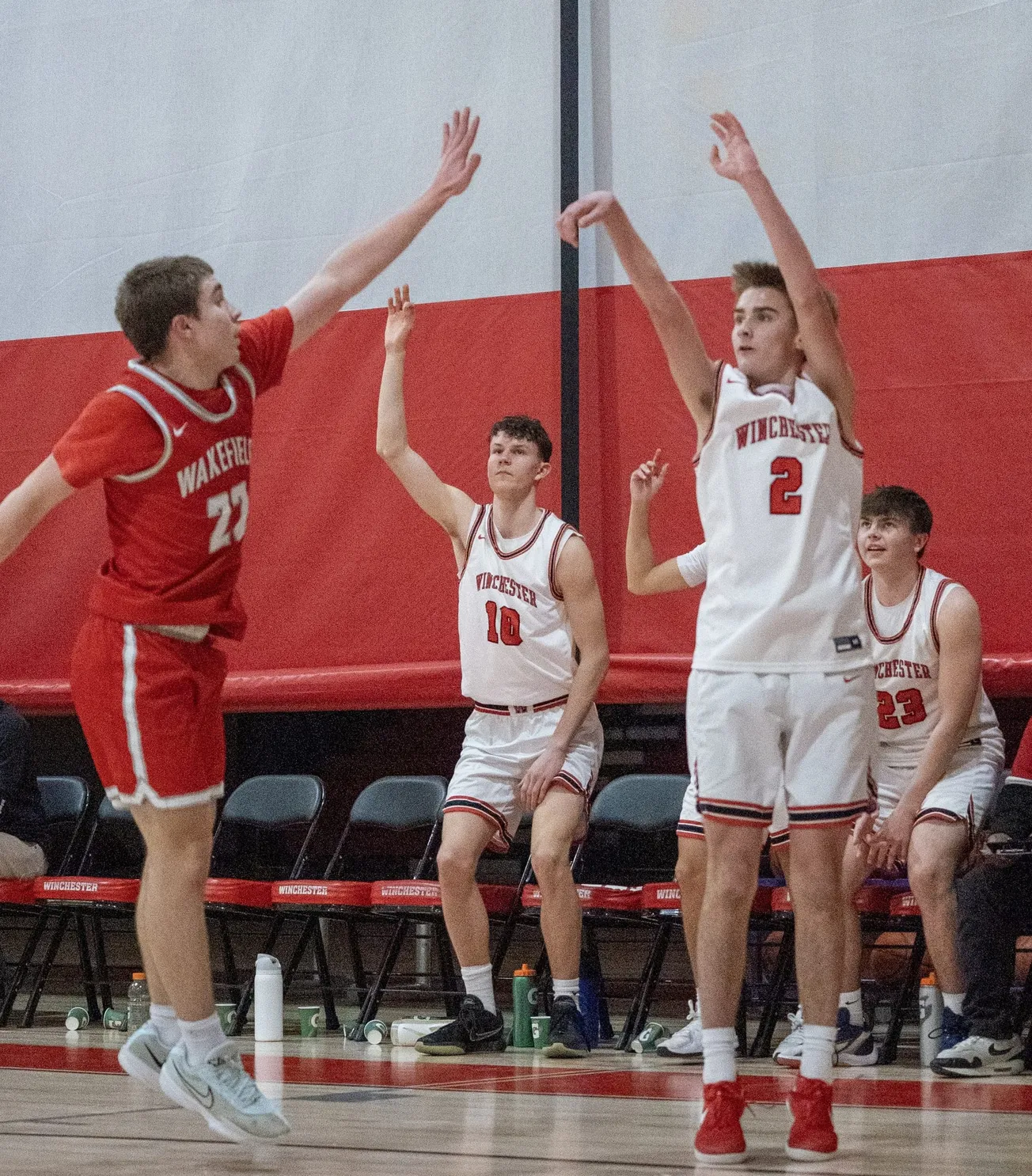Table of Contents
On Monday, April 15, 2024, I was invited to deliver some remarks, as part of the City of Cambridge’s Official Observance of Patriots’ Day, on Cambridge Common.
We gathered to remember the 249th anniversary of the ride of William Dawes. We should be mindful, that any movement, has its mistakes, opportunities, challenges, memories, and more.
The ride of William Dawes, successful, and to many, in the shadow of the ride of Paul Revere, with a little bit of thought, can be seen as being, as significant since there were many riders on that significant evening, and night.
This autumn, on Sept. 9, we will observe the 250th anniversary of the Suffolk Resolves of 1774. They are, essentially, a Massachusetts declaration – a kind of Declaration of Independence – written largely by Dr. Joseph Warren. Modestly improved and amended, they were then carried by Revere to the First Continental Congress, which after review, recommended them.
They describe a government without monarchy, or parliament, and local communities authorized to create militias, for self-defense.
Remember the best thinkers of the time were familiar with John Locke, and the ideas of Natural Law; in effect, each of us being in some way, individually sovereign, and able to legally contract with each other.
In words that are profound, John Adams commented in his diary: “This was one of the happiest days of my life. In Congress we had generous, noble sentiments, and manly eloquence. This day convinced me that America will support Massachusetts or perish with her.”
It is in this environment, and what leads up to it, that British troop movements, already conducting raids, from Boston out into the countryside, including one significant one, could have led to a battle at Salem. These movements set the people of Patriot sympathies on their guard.
It may also have been that Royal Governor Thomas Gage’s wife, a known Patriot sympathizer from New Jersey, Margaret Gage, was providing inside information of the highest level.
The words from one writer: “The secret (of various movements) came from the heart of the enemy.”
Warren is deeply involved in coordinating, both the intelligence of British movements and the responses of the Sons of Liberty, who had over these many months effectively taken control of most of Massachusetts; except, as some might say, certain neighborhoods of Boston.
By the way, the Warren family were a family of medical doctors of great significance for over at least, another two centuries.
Revere rowed across to Charlestown, where the signaling from the North End informed him of the British movements. In the meantime, Dawes, in Boston, was directed to leave towards the countryside; briefly, he chatted with a sentry. Dawes, being somewhat known as a mostly nice guy, was allowed to proceed on his horse, along Boston Neck, and westward through Cambridge.
But a short time later, perhaps 15 or 20 minutes later, the sentry was ordered to prevent all traffic, in or out of Boston.
Some of us might say this is an example of how being nice can obtain good favor, in unexpected ways, and unexpected in its results.
At this point, on this April 15, people were gathered on Cambridge Common, in anticipation, and would shortly see the horse ridden by the National Lancers, which have been re-enacting the famous rides for more than 100 years.
We saw the rider, in the place of William Dawes, approach. We enjoyed the majestic animals, how they work for us, due to reforms of the 1800s now better cared for, and take in the messages of Dawes, the Patriot Cause, and more.
In doing some background reading, regarding Dawes, I discovered that his family line is even more remarkable, one of distinct public service and impact, over several centuries.
I hope these small pieces of facts give a better understanding of what we see, of what happened in those hours of April 1775, and a sense of the continuing networking that led to the stabilization of somewhat chaotic military events within a few months to the Evacuation of Boston, and the Reform of The Rule of Law, into our dynamic, and somewhat stable Constitutional system.
As we continue forward into the further events of the American 250th anniversary, may we seek to be further informed in terms of what I call “Civics – The Operating Manual” (our constitutions, our laws, our regulations and more).
And history – which we hope, or at least I do, as an historian – will be as accurate, factually, and as thoughtful, rationally, as possible.
Vincent Dixon is a Winchester resident. Check out his new column every month in the Winchester News.
Winchester News is a non-profit organization supported by our community. If you appreciate having local Winchester news, please donate to support our work, and subscribe to our weekly newsletter.


